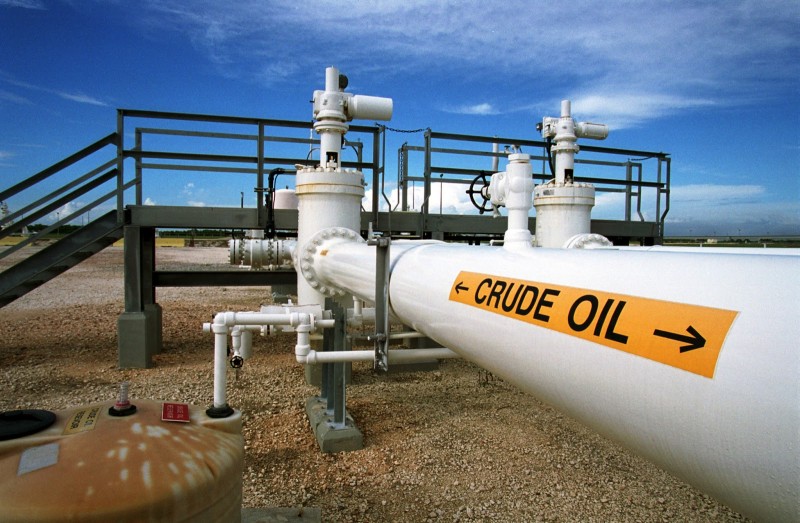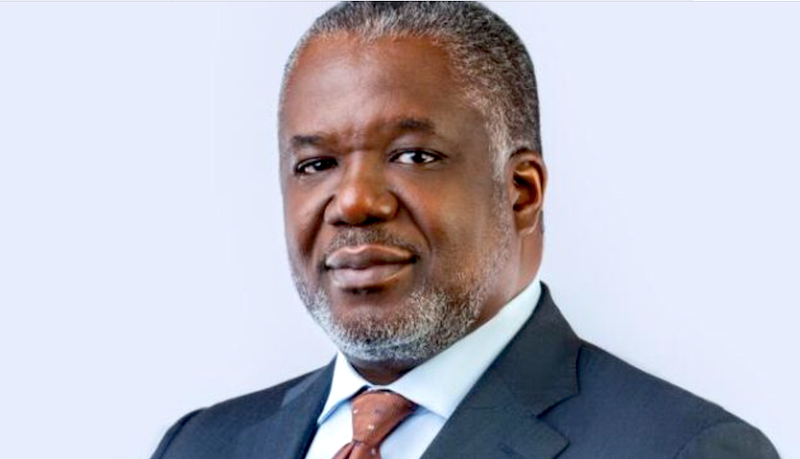Nigeria exceeded its OPEC crude oil production quota of 1.5 million barrels per day (bpd) in June, marking the second time it has surpassed the allocation in 2025.
OPEC’s Monthly Oil Market Report (MOMR) for July, 2025, obtained by the News Agency of Agency of Nigeria (NAN) revealed that Nigeria recorded 1,505mbpd crude oil production in June 2025.
Nigeria for the second time exceeded the OPEC quota, first was in January and second in June.
The Nigerian Upstream Petroleum Regulatory Commission’s (NUPRC) remarks on June production showed that Nigeria’s average daily crude production was 1.505,474 bpd, representing 100.4 per cent of the OPEC quota.
According to the NUPRC, the lowest and peak combined crude oil and condensate production in June are 1.61 million bpd and 1.82 million bpd, respectively.
It revealed that the daily average production in June was 1.697,045 bopd comprising of both crude oil (1.505, 474 bopd) and condensate (191.572 bopd)
The report showed that in May, crude output both crude and condensate were 1.65mbpd, while production was as low as 1.60mobp in March.
Oil production, including crude and condensate, was approximately 1.7mbpd. This was an improvement in crude production when compared to the previous months.
OPEC crude oil production for June, as reported by OPEC Member Countries, based on direct communication, also revealed that Saudi Arabia output hit 9.360mbpd, Irag 3.627mbpd and United Arab Emirate recorded 3.033mbpd.
The report also showed that Kuwait recorded 2.420mbpd, Libya recorded 1.367mbpd while Venezuela recorded 1.069mbpd in the month under review.






